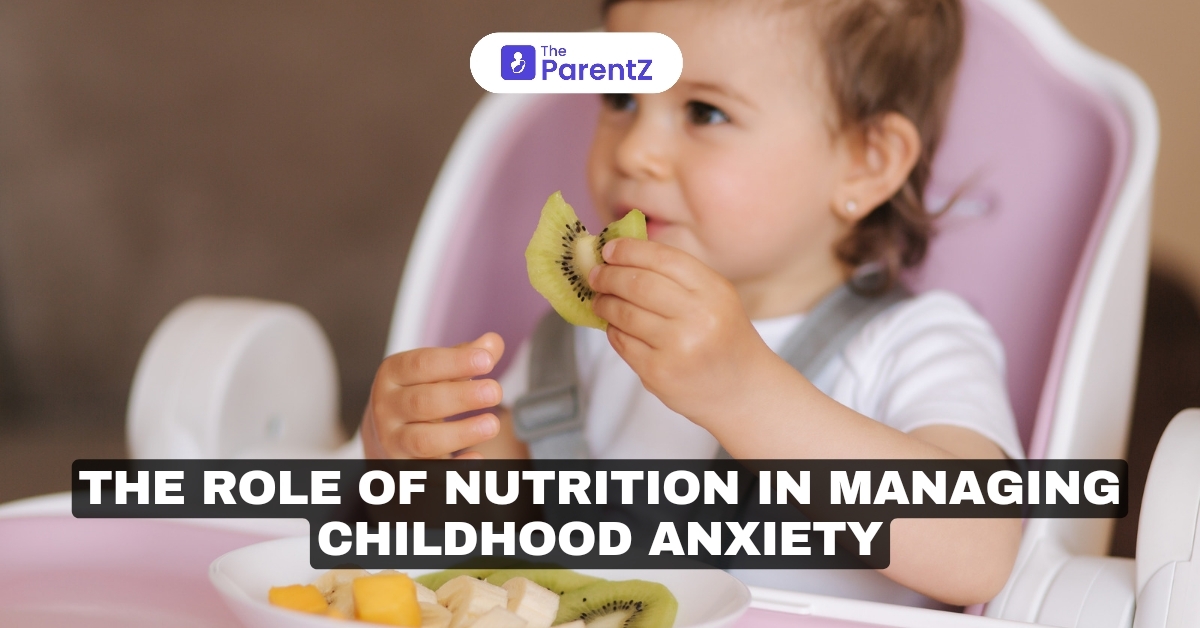Nutrition plays a crucial role in children's mental health, particularly concerning anxiety management. A well-balanced diet can significantly influence mood regulation and overall psychological well-being. As parents become increasingly aware of this connection, it’s vital to understand how dietary choices impact children's mental health outcomes.
Understanding the Brain-Gut Connection
The relationship between diet and mental health is often referred to as the brain-gut connection. What children consume can directly impact their mood and behavior.
- Nutrient-Rich Foods: A diet rich in fruits, vegetables, whole grains, lean proteins, and healthy fats supports brain health. Essential nutrients such as Omega-3 fatty acids (found in fish), B vitamins (found in whole grains), magnesium (found in nuts), zinc (found in legumes), iron (found in leafy greens), and selenium (found in seafood) are particularly important for maintaining mental wellness.
- Avoiding Processed Foods: Diets high in sugar and processed carbohydrates can lead to mood swings and increased anxiety levels due to rapid fluctuations in blood sugar levels. Limiting these foods helps stabilize energy levels throughout the day.
- Hydration Matters: Ensuring adequate hydration is equally important; dehydration can impair cognitive function and exacerbate feelings of fatigue or irritability.
Dietary Strategies for Improvement
Parents can adopt several dietary strategies to enhance their children's mental health:
- Encourage Balanced Meals: Focus on providing meals that include a variety of nutrients essential for brain function—this includes incorporating colorful fruits and vegetables into daily meals which are rich in antioxidants that combat oxidative stress linked to anxiety disorders.
- Promote Regular Meal Times: Establishing regular meal times helps maintain stable blood sugar levels which positively affect mood stability throughout the day—this routine also encourages family bonding during meals where discussions about daily experiences occur naturally.
- Limit Caffeine Intake: Be mindful of caffeine consumption from sources like soda or chocolate; excessive caffeine intake may contribute to increased anxiety levels among sensitive individuals—encouraging alternatives such as herbal teas could be beneficial instead!
Creating a Supportive Environment
In addition to dietary strategies, creating an environment conducive to good nutrition is essential for managing childhood anxiety effectively:
- Involve Children in Meal Preparation: Engaging kids in cooking allows them to learn about nutrition while fostering a sense of ownership over their food choices—this involvement has been shown to increase willingness towards trying new foods!
- Set Healthy Examples: Parents should model healthy eating habits themselves; when children see adults making nutritious choices regularly it reinforces positive behaviors—they’re more likely than ever before!
- Educate About Nutrition: Teach your child about the benefits of specific foods on mental health; understanding how certain nutrients contribute positively towards emotional well-being empowers them when making choices independently later on!
Conclusion
In conclusion, fostering religious tolerance in children requires intentional efforts from parents through modeling behavior, encouraging open dialogue, providing diverse learning experiences, promoting empathy through experience, addressing behavioral impacts from external factors like pandemics effectively while also emphasizing nutrition's critical role within this context—all these elements collectively contribute towards nurturing well-rounded individuals who thrive both socially & emotionally!







